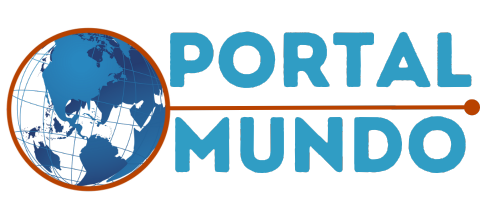Money moves the world, yet it rarely moves alone and Loans.
Anúncios
People work for it, save it, spend it, and sometimes, they borrow it. Taking a loan, however, is more than a financial action.
It is a decision that mixes logic with emotion, opportunity with risk, and freedom with commitment.
A loan connects today’s reality to tomorrow’s possibilities.
Therefore, understanding loans means understanding how people dream, plan, and grow.
Anúncios
Why people borrow
Every person who takes a loan carries a story. Some borrow to buy a house, others to study, and many to start a business.
Moreover, some do it to face emergencies, while others aim to invest in their future.
Each reason reflects a hope, a challenge, or a need.
When someone borrows, they are not simply asking for money.
They are expressing trust—trust in the lender, in the system, and above all, in themselves.
A loan says, “I believe in my ability to build something greater than what I have now.”
That belief transforms borrowing into a sign of ambition rather than dependence.
However, borrowing also brings responsibility.
Every loan represents a promise.
Therefore, before signing any agreement, people should ask themselves what they truly seek and whether they can honor that commitment.
The emotional weight of loans
Although money seems rational, borrowing often involves emotion.
People feel excitement, relief, and anxiety at the same time. When they receive the money, they feel empowered; when they think about repayment, they feel pressure.
This emotional mix makes loans both hopeful and stressful.
Moreover, loans influence relationships.
A couple taking a mortgage, for instance, shares not only a dream home but also a shared debt.
Therefore, transparency and communication become essential.
When partners discuss their financial goals honestly, the loan strengthens their bond. When they avoid conversation, the same loan can create tension.
In addition, loans reveal character.
A responsible borrower learns patience, control, and discipline. Regular payments demand consistency, and consistency builds maturity.
Therefore, loans, when managed wisely, shape not only financial health but also personal growth.
A loan as a tool for progress
When used with awareness, loans serve as tools for advancement.
Education loans open doors to knowledge. Business loans create jobs and innovation.
Home loans provide security and comfort. Each of these loans supports development on both individual and collective levels.
Moreover, loans stimulate economies.
They allow money to circulate, businesses to expand, and societies to evolve.
Without lending, many dreams would remain unreachable. Therefore, credit systems, when ethical and fair, become engines of progress.
However, every tool can turn dangerous if misused. Borrowing without a plan creates risk.
Therefore, understanding interest rates, payment schedules, and long-term consequences is essential.
Financial education gives people the power to borrow wisely rather than emotionally.
Trust: the heart of lending
Behind every loan lies an invisible foundation: trust.
The lender trusts the borrower to repay, and the borrower trusts the lender to act with fairness. This mutual belief keeps the entire financial system alive. Without trust, credit collapses.
Moreover, trust goes beyond signatures. It grows from honesty, respect, and responsibility.
When both sides act with integrity, borrowing strengthens relationships. Therefore, ethical behavior in lending is not optional—it is vital.
In addition, trust supports economic stability. When people believe in lenders and institutions, they invest and spend with confidence. As a result, businesses grow and societies thrive.
Thus, trust turns financial agreements into partnerships of progress.
The thin line between help and dependence
A loan can empower or imprison.
The difference lies in intention and management. When a person borrows to create something meaningful—such as education, housing, or entrepreneurship—the loan becomes an investment.
However, when borrowing serves to satisfy temporary desires, it becomes a trap.
Modern life encourages consumption.
Advertisements constantly suggest that happiness can be purchased.
As a result, many people borrow not because they need, but because they want more. However, satisfaction bought on credit often fades, while the debt remains.
Therefore, self-awareness and moderation matter as much as money itself.
Moreover, dependency on loans weakens freedom.
Each payment reduces flexibility, and constant debt limits choice. Therefore, financial discipline should guide borrowing decisions.
A loan should serve a goal, not control a life.
Fonte de informação: autoria própria
